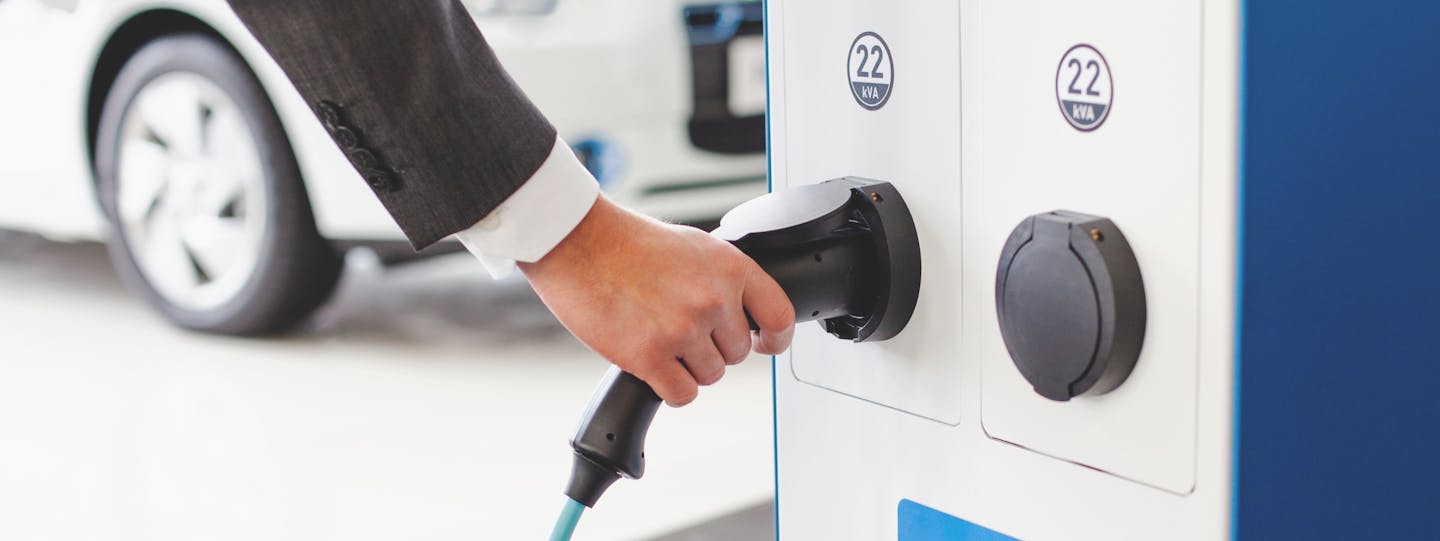
FBT free for electric vehicles
New legislation before Parliament will make zero or low emission vehicles Fringe Benefits Tax-free.
Making Electric Vehicles (EVs) FBT-free is just the first step in the Government’s plan to make zero and low emission vehicles the car of choice for Australians, focusing on affordability by:
- Cutting import tariffs
- Placing EV fast chargers once every 150 kilometres on the nation’s highways
- Creating a national Hydrogen Highways refuelling network, to deliver stations on Australia's busiest freight routes
- Converting the Commonwealth fleet to 75% no-emissions vehicles
It is on this last point, fleet cars, that the FBT exemption on EVs is targeted. The Government has committed to converting its fleet to no-emission vehicles. For the private sector, there is a wide gap between the total cost of ownership of EVs and traditional combustion engine vehicles. It’s more expensive overall and the Government is looking to reduce that impediment through the FBT system.
The proposed FBT exemption will apply only to cars that meet the following criteria:
- Battery electric vehicles;
- Hydrogen fuel cell electric vehicles; and
- Plug-in hybrid electric vehicles. Be careful here because this doesn’t include all hybrid vehicles. To qualify the car needs to be ‘plug-in’. A car that has an internal combustion engine will not meet requirements unless it is able to be fuelled by a battery that can be recharged by an off-vehicle power source.
How the EV FBT exemption will work
The proposed FBT exemption is intended to apply to cars provided by an employer to an employee under the following conditions:
- Where the car is first held and used on or after 1 July 2022: Provided the conditions of the exemption are met, an electric car that was ordered prior to 1 July 2022, but was not delivered until after 1 July 2022 would be eligible for the exemption (even if an employer acquired legal title to the car before 1 July 2022). However, a car delivered to you prior to 1 July 2022 would not qualify.
A second-hand electric car may qualify for the exemption, provided that the car was first purchased new on or after 1 July 2022. - Value below luxury car tax threshold: The value of the car at the first retail sale must be below the luxury car tax threshold ($84,916 in 2022-23) for fuel efficient vehicles. The luxury car tax threshold generally includes GST and customs duty and excludes other items such as service plans, extended warranties, stamp duty and registration.
If an electric car qualifies for the FBT exemption, then associated benefits relating to running the car for the period the car fringe benefit is provided, can also be exempt from FBT.
Government modelling states that if an EV valued at about $50,000 is provided by an employer through this arrangement, the FBT exemption would save the employer up to $9,000 a year. The same modelling suggests that for individuals using a salary sacrifice arrangement to pay for a $50,000 electric vehicle, the saving would be up to $4,700 a year.
While the measure provides an exemption from FBT, the value of that fringe benefit is still taken into account in determining the reportable fringe benefits amount of the employee. That is, the value of the benefit is reported on the employee’s income statement.
While income tax is not paid on this amount, it is used to determine the employee’s adjusted taxable income for a range of areas such as the Medicare levy surcharge, private health insurance rebate, employee share scheme reduction, and social security payments.
Can I salary sacrifice an electric car?
Assuming your employer agrees, and the car meets the criteria, salary packaging is an option. While some FBT concessions are not available if the benefit is provided under a salary sacrifice arrangement, the exemption for electric cars will be available.
For a salary sacrifice arrangement to be effective for tax purposes, it needs to be agreed, documented, and in place prior to the employee earning the income that they are sacrificing.
Who cannot access the FBT exemption
By its nature, the FBT exemption only applies where an employer provides a car to an employee. Partners of a partnership and sole traders will not be able to access the benefits of the exemption as they are not employees of the business.
When it comes to beneficiaries of a trust and shareholders of a company it will be important to determine whether the benefit will be provided to them in their capacity as an employee or director of the entity.
As the FBT exemption only relates to cars, other vehicles like vans are excluded. Cars are defined as motor vehicles (including four-wheel drives) designed to carry a load less than one tonne and fewer than nine passengers.
For more information about Fringe Benefits Tax and how you can take advantage of the new legislation contact our tax accountants today.
